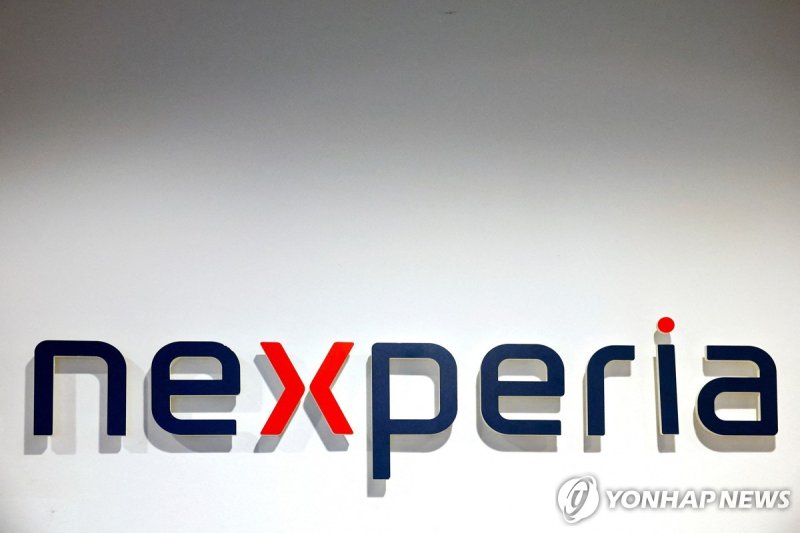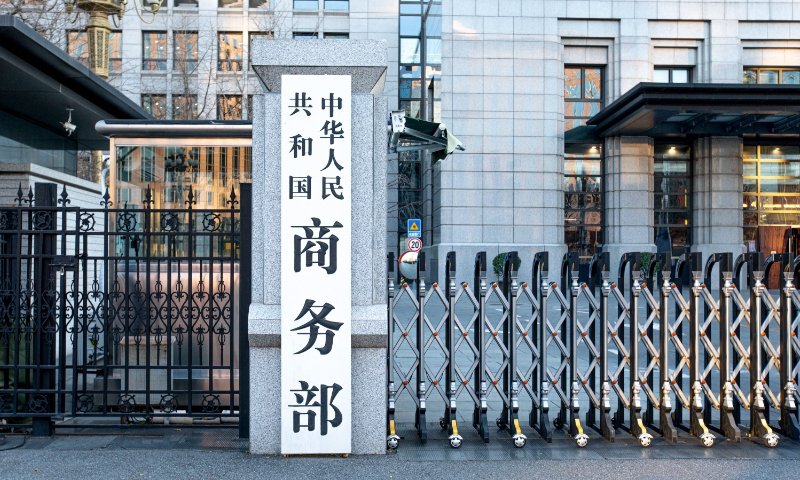Behind ASML’s Calm Exterior... Sweating Over China’s Moves [Kim Kyung-min’s Timely Hit]
- Input
- 2025-11-17 14:10:17
- Updated
- 2025-11-17 14:10:17

[Financial News] The dispute between China and the Netherlands, sparked by the Government of the Netherlands’ forced acquisition of Nexperia, an automotive semiconductor company, is emerging as a new variable in the global semiconductor supply chain. ASML Holding N.V. (ASML) drew a line, stating that “there will be no short-term impact,” but structural repercussions are spreading throughout the industry, including tight supply of automotive power semiconductors, intensifying technological regulations between Europe and China, and potential delays in the flow of equipment and components. The Republic of Korea (ROK) is also facing both increased opportunities and risks in the fields of power semiconductors, foundry, and materials, parts, and equipment.
"The worst is over," yet top executives are dispatched to China
On the 16th (local time), Christophe Fouquet, CEO of ASML, said in an interview with Dutch public broadcaster, “The situation will not affect our business in the short term,” adding, “The worst phase has already passed.”
ASML, as a Europe-based company, is closely tied to Chinese regulations. The CEO’s direct remarks are seen as a strategic move to convey the message, “We are prepared.”
However, the conflict between Nexperia’s European branch and its Chinese production line has disrupted the supply of automotive power semiconductors, causing inventory turnover at European finished car manufacturers to falter and fueling ongoing market uncertainty.
Nexperia is a key supplier of automotive and industrial power semiconductors. The Government of the Netherlands seized management control over concerns about technology transfer, prompting a strong backlash from China. As a result, supply disruptions have reportedly already affected some component lines. Some finished car manufacturers are said to be facing global production line shutdowns within days. The hurried dispatch of a high-level European delegation to China next week is interpreted as an effort to restore supply chain stability.
Europe has gradually reduced its dependence on China, but the Nexperia incident is seen as a reminder that China-related risks in the supply chain can be far more direct and sensitive than previously expected.
Nexperia holds about a 10% share of the global power semiconductor market, making it a major supplier. This conflict is significant as it marks Europe’s structural intervention in the semiconductor supply chain, following U.S. regulations on China and Japan’s advanced equipment restrictions. There is growing momentum to establish a ‘China-free chain’ for power semiconductors, Microcontroller Units (MCUs), and automotive analog chips.

Crisis and opportunity coexist for the Republic of Korea (ROK)
For Korean companies, these changes could open new growth momentum. As global finished car and component manufacturers seek to bypass China risks, demand for Korean suppliers may rise. Samsung Electronics Co., Ltd., SK Group, and DB HiTek Co., Ltd., all with foundry capabilities, could strengthen their strategic positions in the automotive chip market.
On the other hand, since many domestic back-end and packaging lines are located in China, there is a need to be wary of exposure to regulatory environments similar to the Nexperia case. If political and technological conflicts between Europe and China persist, Korean companies may need to consider relocating or diversifying their back-end operations currently based in China.
Potential renewed restrictions on ASML’s equipment exports to China are another variable. If equipment delivery schedules are adjusted, Korean equipment and materials suppliers could suffer setbacks in their exports to China.
Some analysts suggest that policy support from the United States of America (USA), Europe, and Japan could expand the role of the Korean supply chain. In addition, as vertical collaboration among finished car, battery, and semiconductor companies is essential for the automotive semiconductor supply chain, options such as joint ventures or shared production lines among Samsung Electronics Co., Ltd., Hyundai Motor, and LG Group are being discussed.
#ASML #Nexperia #powersemiconductor #semiconductorsupplychain #Chinatechregulation
km@fnnews.com Kim Kyung-min Reporter